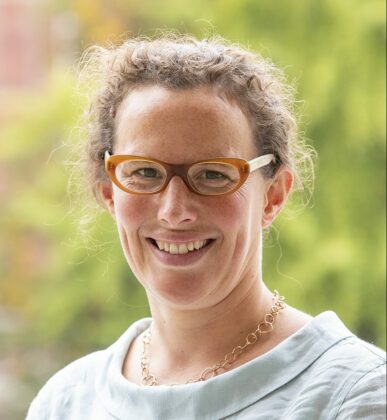Use of ‘close-to-practice’ methodologies to explain and change impact of interpersonal relationships in quality improvement
Background
In Palliative Care (for people with potentially life-limiting illnesses) and Psychiatry (for people with mental health conditions), care depends on:
- therapeutic relationships between professionals, patients and carers;
- specialists in Palliative Care and Psychiatry working with healthcare professionals (commonly called generalists) in primary/community care and hospitals
This is especially important when patients move between home and hospitals. Excellent care is not just safe but also gives patients and carers confidence to feel safe. We do not really understand how to achieve this in care shared between generalists and specialist services. Quality improvement research can help get this understanding.
Approach
Aims
- Apply interpersonal relationship-focused research methods to study care
- Study who talks to whom, when and how this affects care and what works for patients and carers in care shared between specialists and generalists
- Explore and explain successful and unsuccessful improvements
Design and methods
Patient and public engagement occurs throughout the study. In Palliative Care and Psychiatry, I will:
- Examine how improvement tools are used in practice to consider what might work better
- Use Egonetworks (a research concept) to study relationships and what happens as a result of these, interviewing patients, carers and professionals from different healthcare settings to understand different views and experiences
- Examine data with a group of patients, carers and professionals using Change Laboratory (a research tool) to determine how to improve care and define success.
Benefits
- Understanding of examples of good, and not so good, care, including how and why.
- Research methods and practice recommendations for improving care.
Watch and listen to find out more about Sarah’s fellowship project
Sarah shares research insights as a guest on the podcast Listen to THIS. Listen to the episode ‘Relationships and rituals in healthcare’:
Please accept cookies or click here to access this content.
Sarah gave a lightning talk about her research project at our 2020 annual event, THIS Space:
Watch Sarah’s HSR UK 2022 conference presentation on Working Together
Listen to Sarah on the Next Stage Radicals podcast speaking about relational reach and relational glue, recorded in 2022
Sarah collaborated with Daniel Regan on a visual project called What do you, we, I see? to produce a series of six images related to her research project, exploring and challenging accepted norms in healthcare systems.
Read Sarah’s blog to find out more about her research
Blog post: Sarah’s current research
Blog post: What happens when we think visually
Access Sarah’s full blog to read more
Images from Sarah’s collaboration with Daniel Regan
Read Sarah’s blog post: Amazing photos to find out more about this collaboration.
Photo credit: Daniel Regan — What do you, we, I see?
Daniel Regan – Artist, Consultant & Producer in Creative Health, Director at Arts & Health Hub (supporting artists in arts & health).






Top row of images from left to right:
- ‘Cells’ – an unknown force, a barrier or boundary that needs to be crossed.
- ‘Collective’ – everything being in its right place: being seen, the very nature of being together, the weight of our lives being witnessed by others.
- ‘Transitions’ – how things can shift before your very eyes.
Second row of images from left to right:
- ‘Eclipse’ – a perfect alignment of needs and care.
- ‘Open Waters’ – carving out a path and navigating choppy waters.
- ‘Islands’ – illusions (and who creates them), paths, us vs them, people being locked out.
Related content
Follow Sarah on Twitter
